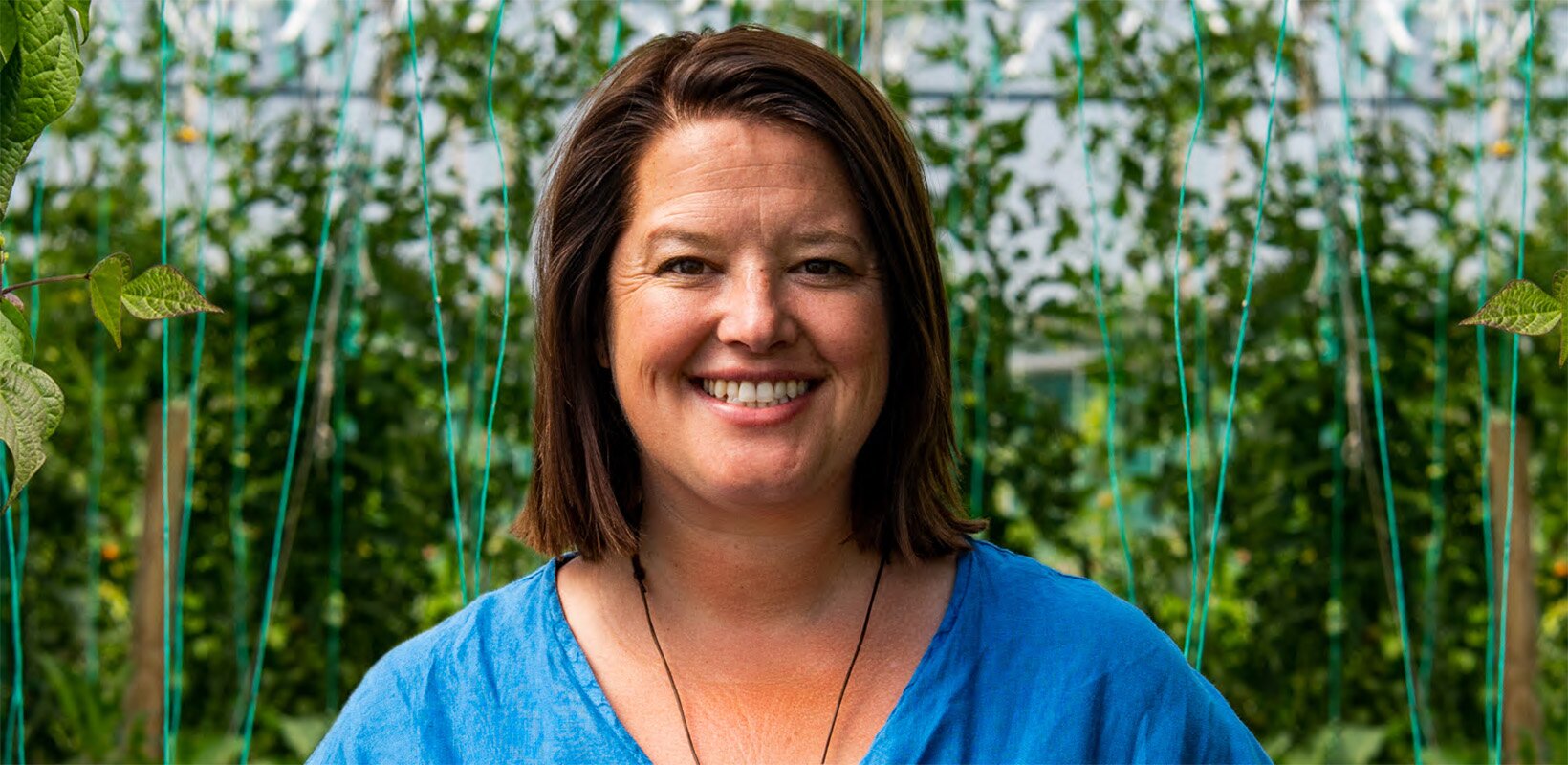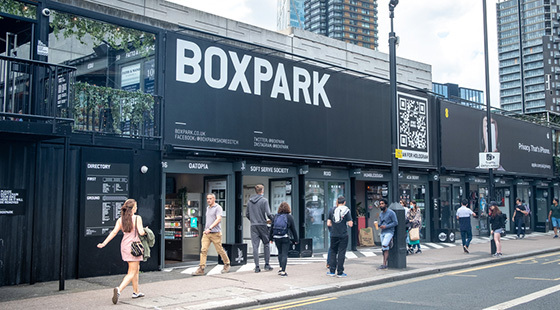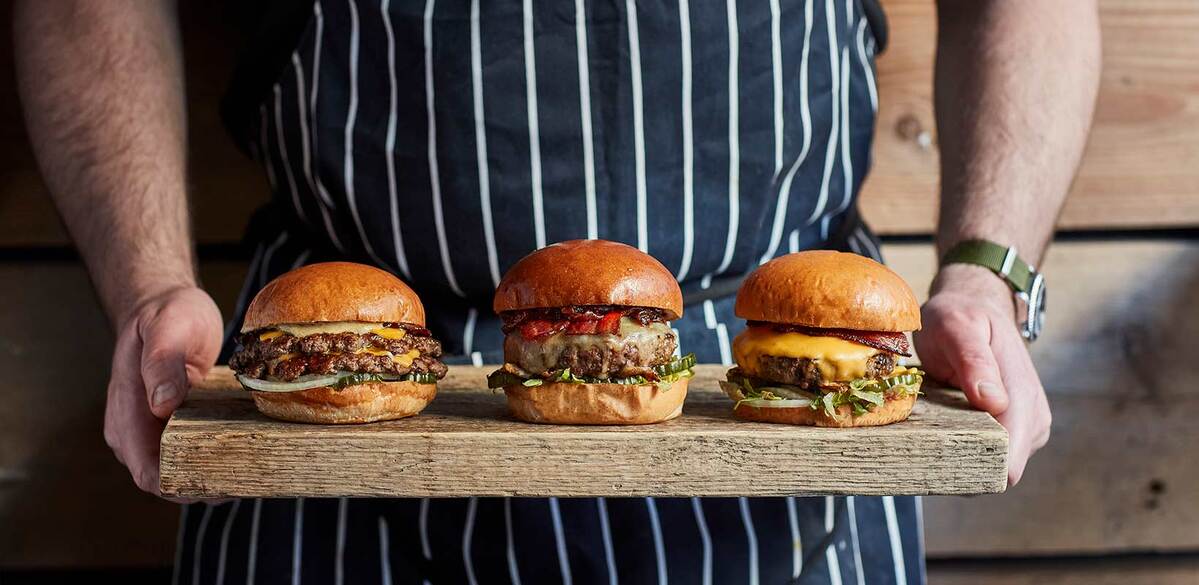Viewpoint: Restaurants have the power to build a better food future
If restaurants offer more environmentally responsible choices, diners will choose them, so make the first move, says Juliane Caillouette Noble
We are at critical tipping points when it comes to climate and biodiversity, the twin crises of our time. If we stand any chance of meeting climate targets and avoiding further loss of plant and animal species, habitats and ecosystems, we need a radical new approach to food production.
While we can all contribute to a better food future through our individual food choices, the foodservice industry has the power – and, we would argue, the responsibility – to bring this movement to the mainstream. As an influential connection between food producers and the public, restaurants have the ability to steer consumer choices, redefining how we eat today to create a better future for both people and planet. It’s time to leverage our menus to guide customers towards climate-friendly dining, making it easy, accessible, appealing and affordable for everyone to #EatForTomorrow.
Until the end of the year, our #EatForTomorrow campaign seeks to answer the question, ‘How can we eat differently today to build a better tomorrow?’ through four main focus areas and sharing how restaurants can get involved.
A better future for farms
We need to find new ways of farming that can feed a growing population while also protecting and nourishing the natural environment. Regenerative, restorative farming practices which mimic natural cycles can build healthy soil, restore biodiversity, sequester carbon, and use minimal resources.
What can restaurants do?
Examine your supply chain and see where you could make small but impactful changes, such as encouraging better practices from existing suppliers or forging new connections. Commit to achievable improvements, set timelines and communicate your learnings and goals with both employees and customers, helping them understand what regenerative agriculture means and why you’ve chosen to make it a priority.
Preserving biodiversity
About 75% of the world’s food comes from just 12 plants and five animal species. Increasing the variety in our diets is not only better for our bodies, but has positive consequences for our planet, helping to keep native varieties of animals and crops in existence and building stronger, more resilient food systems. Things like seed saving, cultivating ancient grains, protecting heritage breeds and preserving indigenous food practices can all help us explore a wider range of foods, benefiting both public health and our planet.
What can restaurants do?
Put a wider range of foods on your menu. Explore ingredients like heritage breeds, ancient grains or invasive non-native species, choose seasonal produce, and welcome a new level of creativity into your kitchen.
Eating more plants
Reducing meat consumption is a powerful way to address the climate crisis, with enormous effects on individual impact. It also means we can convert land that currently produces animal feed to grow food for people instead. Climate-friendly crops like legumes, pulses and mushrooms will play an important role in the diet of the future.
What can restaurants do?
You don’t have to remove meat from your offering, but designing a plant-forward menu is a great way to reframe the idea that meat needs to be the centre of a plate. Increase the number of vegetarian and vegan dishes, give them as much consideration as you do those with meat or fish, and pay attention to how they’re placed and described on your menu, making them appealing as possible.
Look at adding beans, pulses and mushrooms to the menu, as these are great sources of protein that are environmental heavy hitters. And because plants can be cheaper, this should also free up some budget for making the meat you do serve the best possible by sourcing from regenerative farms.
Sourcing sustainable seafood
Currently, 90% of global fish stocks are either fully or over-exploited by human fishing practices, many of which have devastating impacts on marine habitats. To combat marine biodiversity loss, it’s critical that our sourcing strategies protect and revitalise our oceans and their occupants.
What can restaurants do?
Reduce or even remove the ‘Big Five’ (cod, haddock, salmon, tuna and prawns) from your menu. Look for sustainable alternatives, choosing fisheries and suppliers that have a recognised, science-based certification, such as MSC’s blue label, or look for green-rated options in the MCS Good Fish Guide. Look at climate-friendly shellfish like mussels, or serve fish from down the food chain such as sardines.
Juliane Caillouette Noble is managing director of the Sustainable Restaurant Association, which offers the Food Made Good accreditation


















